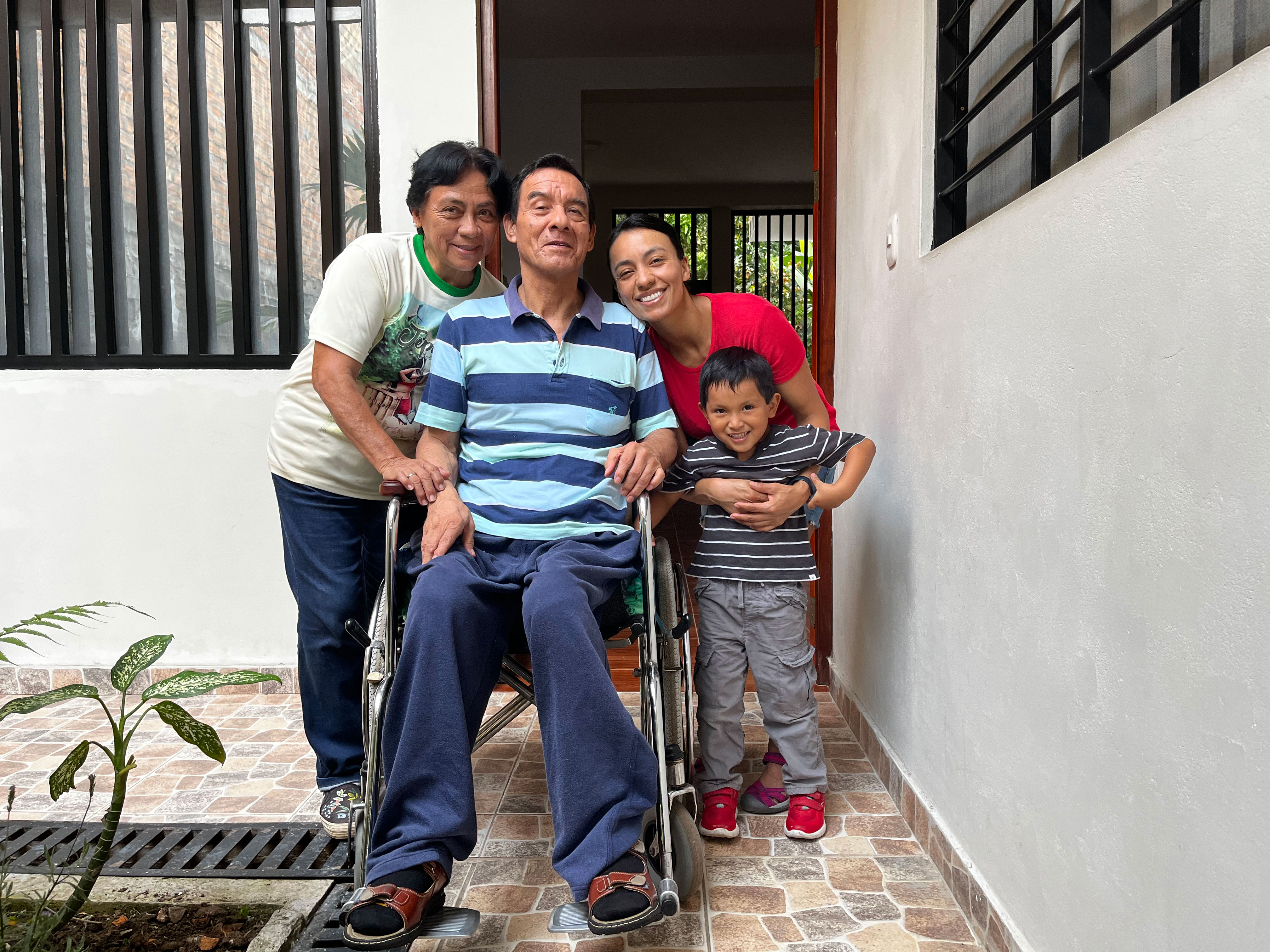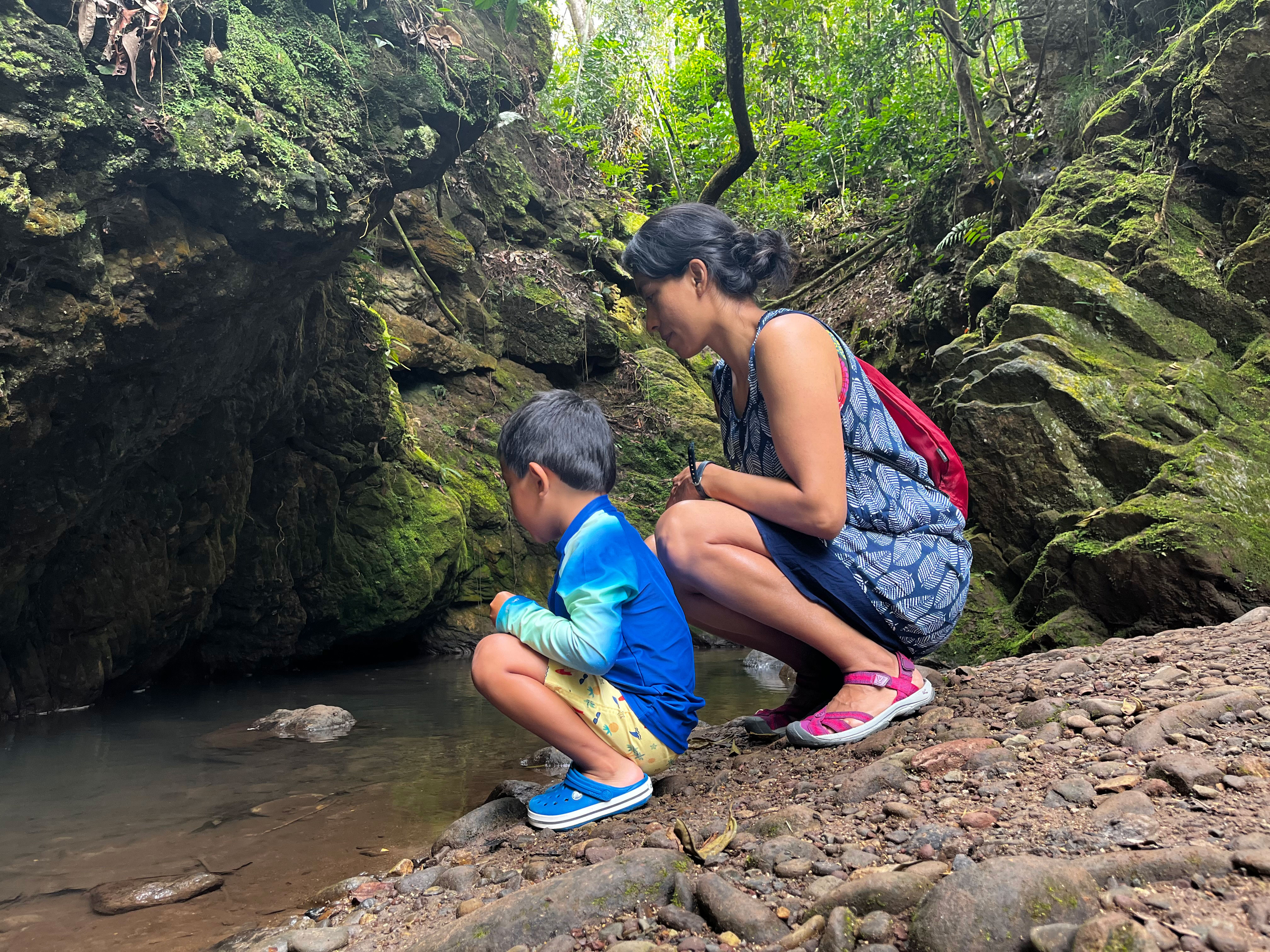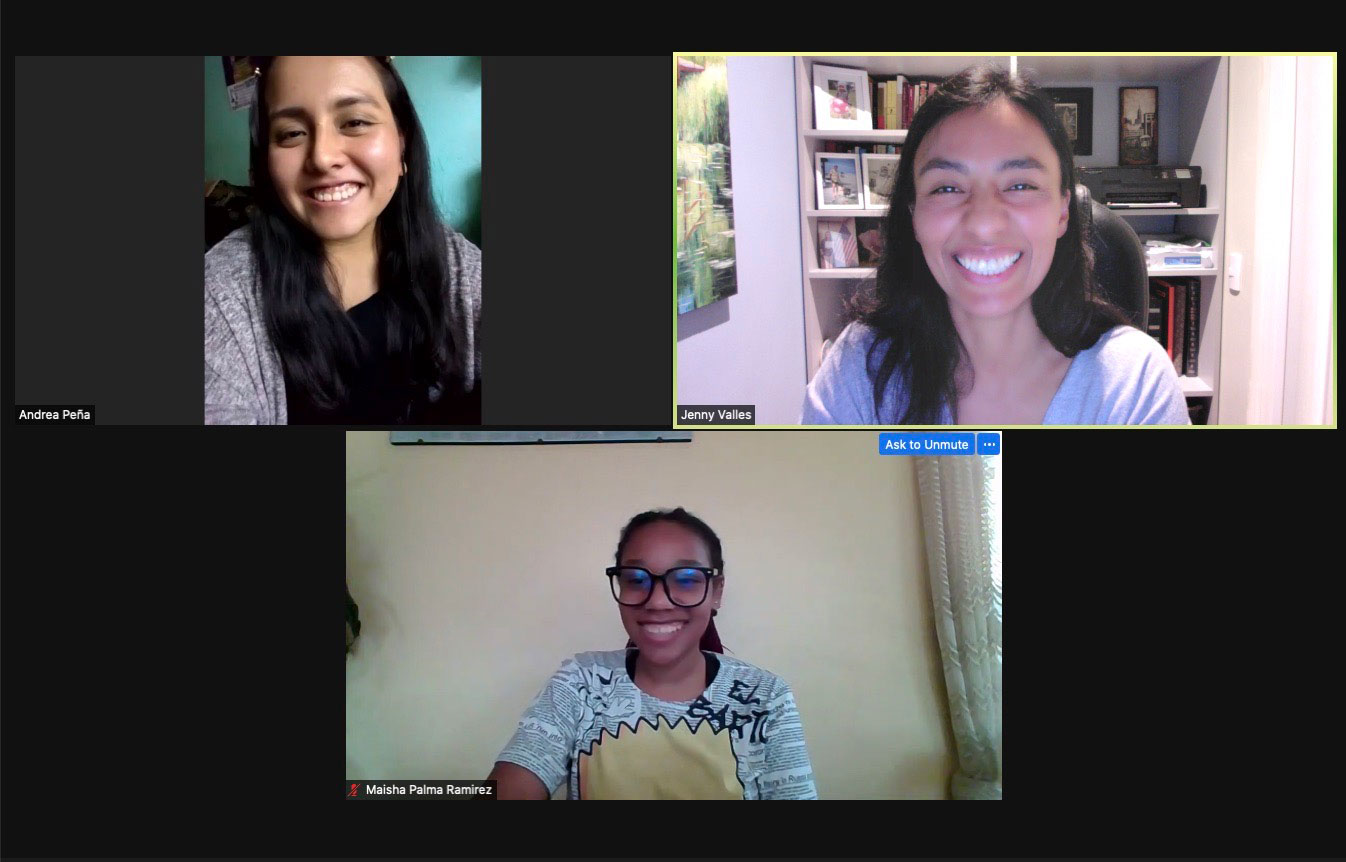A Letter from Jed and Jenny Koball, serving in Peru
Winter 2022
Write to Jed Koball
Write to Jenny Koball
Individuals: Give online to E132192 in honor of Jed and Jenny Koball’s ministry
Congregations: Give to D500115 in honor of Jed and Jenny Koball’s ministry
Churches are asked to send donations through your congregation’s normal receiving site (this is usually your presbytery)
Subscribe to our co-worker letters
Dear friends,
Wisdom, by human standards, tells us that where we are from matters. It is a wisdom that too often divides us because it gives value and power to some and takes it away from others simply based on where we were born and grew up. This has been my story, and it is a story that echoes throughout time.
When I was 16 years old, I moved from my hometown in the Amazon to the big city of Lima, about 30 hours away, in order to continue my studies. Before leaving, my mother said to me, “Jenny, lose your accent. You don’t want anyone in Lima to know that you are from the jungle.” It is true, people from the Peruvian Amazon have a very distinct accent. It is a beautiful accent! Those who hear it for the first time often say it sounds like we are singing when we talk. That is what my mother thought when she heard it for the first time.
My mother was born and raised in Lima, where she met my father and later moved to the jungle, so she knew that people in the big city of Lima would tease me and even discriminate against me if they found out I was from the jungle. They would consider me less sophisticated, less capable, less virtuous, but above all, just less than them because they believed themselves to be closer to the power of the “developed” world. I trusted my mother because she has always fought for the most vulnerable, so I did as she said and taught myself to stop singing my mother tongue.
But such protective ways often play to the division of human wisdom. Learning to change one’s identity falls into the trap of the empires of this world. This is what colonization has done to my people and many more peoples across time, from the Roman Empire to the Spanish Empire to today’s globalized world shaped by racism and other forms of discrimination. We define one another in part by where we are from and how close we are to earthly power, and when we are geographically and culturally far from such power, we learn to protect ourselves from those who are not. We learn to change our ways. We learn to lose our accents. We let pieces of ourselves die. We live in anticipation of Good Friday and never even imagine an Easter Sunday.In time I adjusted to life in Lima. I lost my “jungle” accent. The problem was I never picked up a “Lima” accent. Many fellow Peruvians to this day will say I have no accent at all, and those who meet me for the first time often think I am a foreigner in my own land. If wisdom by human standards tells us that where we are from matters, how am I to be valued by others if they cannot place me? At the same time that I lost my accent, I also began to lose my love for the place that raised me. As I lost my identity, I also lost purpose and yearned for God’s call on my life.
Paul wrote to the church in Corinth, “Consider your own call, siblings: not many of you were wise by human standards, not many were powerful, not many were of noble birth. But God chose what is foolish in the world to shame the wise; God chose what is weak in the world to shame the strong; God chose what is low and despised in the world, things that are not, to reduce to nothing things that are, so that no one might boast in the presence of God.”
– 1 Corinthians 1:26-29
Ironically, it would be a family friend from the jungle who would direct me towards God’s chosen path for me. He introduced me to the Red Uniendo Manos Perú (RUMP), where I got my first salaried job. The RUMP was addressing systemic poverty and other injustices attributed to globalization. There I learned how places like where I grew up were often negatively impacted by development practices that help grow big cities like Lima and sustain powerful countries like the U.S. Later, I would be invited by the PC(USA) to be the site coordinator of the Young Adult Volunteer program in Peru.
I relished the opportunity to work with 20-something-year-olds from the U.S. to help them better understand and respond to the ways in which globalization and its inherent racism give them more power in the world compared to their Peruvian contemporaries. While I worried that they would not take me seriously because of where I come from, over time, I learned that the bigger threat to the goals of the program was not their attitudes rather those of my fellow Peruvians, who too often placed them on a pedestal because of where they came from. For this very reason, this year, I have begun to integrate Peruvian young adults into the YAV program in Peru. I encourage you to read Maisha and Andrea’s blogs about their experience so far as YAVs in Peru. My longer-term hope for the program is that young leaders from both places of power and places deemed less worthy can work and learn together to free themselves of the divisiveness of human wisdom and embrace a new divine wisdom.
Like the wisdom of human standards, the wisdom of God also tells us that where we are from matters. But in God’s wisdom, it matters not because one place is more or less valuable than another but simply because it is sacred. Because every place is sacred. Every place in God’s Creation matters. God calls to each of us and to all nations to sing with joy the language of their land, not that we might sing more powerfully or more loudly than others, rather that we might rise together and sing more harmoniously in unity and in love.
For the ways you continue to sing with us from afar, we are immensely grateful!
In Christ,
Jenny Valles (for Jed and Jenny)
![]() You may freely reuse and distribute this article in its entirety for non-commercial purposes in any medium. Please include author attribution, photography credits, and a link to the original article. This work is licensed under a Creative Commons Attribution-NonCommercial-NoDeratives 4.0 International License.
You may freely reuse and distribute this article in its entirety for non-commercial purposes in any medium. Please include author attribution, photography credits, and a link to the original article. This work is licensed under a Creative Commons Attribution-NonCommercial-NoDeratives 4.0 International License.


